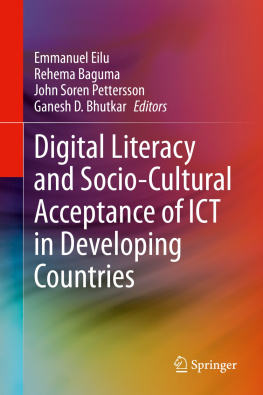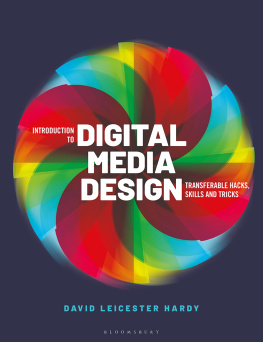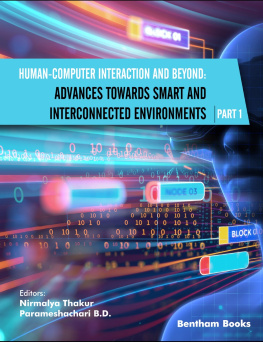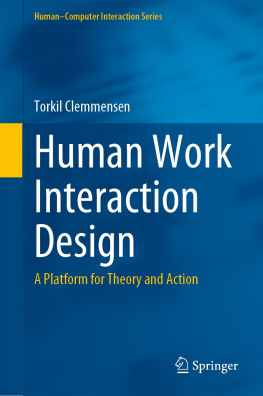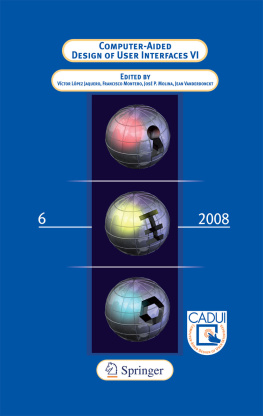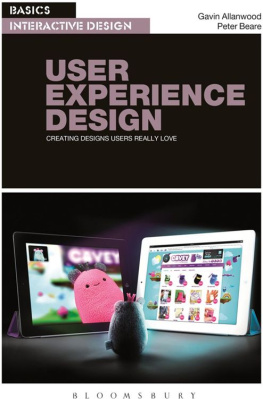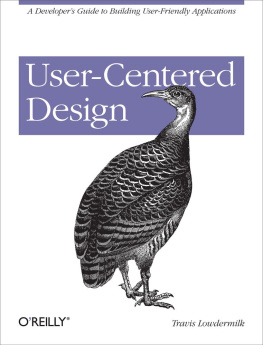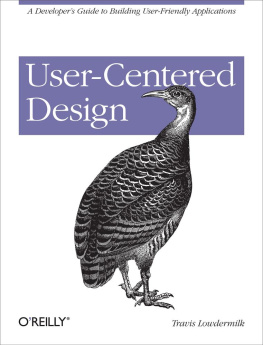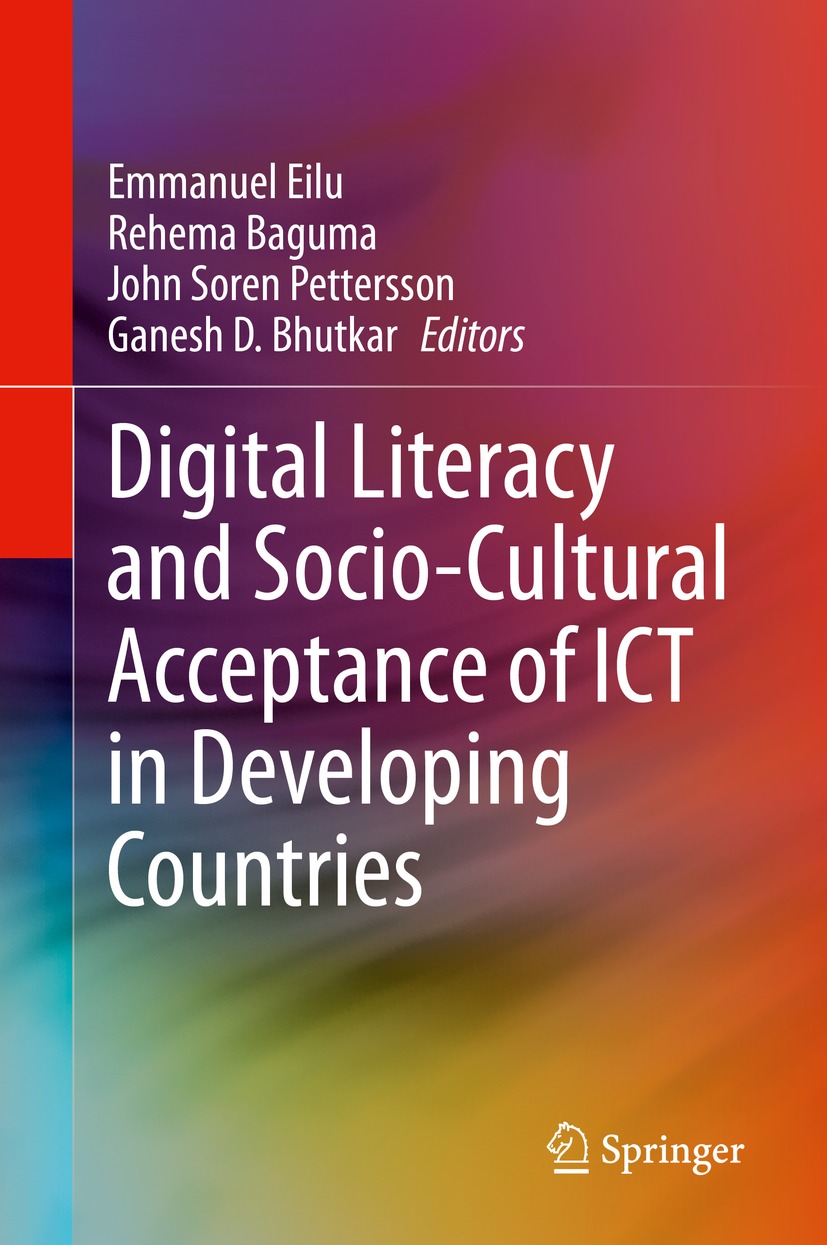Emmanuel Eilu (editor) - Digital Literacy and Socio-Cultural Acceptance of ICT in Developing Countries
Here you can read online Emmanuel Eilu (editor) - Digital Literacy and Socio-Cultural Acceptance of ICT in Developing Countries full text of the book (entire story) in english for free. Download pdf and epub, get meaning, cover and reviews about this ebook. year: 2021, publisher: Springer, genre: Romance novel. Description of the work, (preface) as well as reviews are available. Best literature library LitArk.com created for fans of good reading and offers a wide selection of genres:
Romance novel
Science fiction
Adventure
Detective
Science
History
Home and family
Prose
Art
Politics
Computer
Non-fiction
Religion
Business
Children
Humor
Choose a favorite category and find really read worthwhile books. Enjoy immersion in the world of imagination, feel the emotions of the characters or learn something new for yourself, make an fascinating discovery.
- Book:Digital Literacy and Socio-Cultural Acceptance of ICT in Developing Countries
- Author:
- Publisher:Springer
- Genre:
- Year:2021
- Rating:3 / 5
- Favourites:Add to favourites
- Your mark:
Digital Literacy and Socio-Cultural Acceptance of ICT in Developing Countries: summary, description and annotation
We offer to read an annotation, description, summary or preface (depends on what the author of the book "Digital Literacy and Socio-Cultural Acceptance of ICT in Developing Countries" wrote himself). If you haven't found the necessary information about the book — write in the comments, we will try to find it.
This book discusses the role of human computer interaction (HCI) design in fostering digital literacy and promoting socio-cultural acceptance and usage of the latest ICT innovations in developing countries. The book presents techniques, theories, case studies, and methodologies in HCI design approaches that have been used to foster digital literacy, break the socio-cultural barriers to ICT adoption, and promote the widespread usage of the latest innovations in the health, agriculture, economic, education and social sectors in developing countries. The authors provide insights on how crossing disciplines in HCI such as usability design, user centered design, user experience, anticipated user experience, technology acceptance design, persuasive design, philosophical designs, motivational design, social-cultural oriented designs, and other HCI design approaches have promoted digital literacy and stimulated socio-cultural acceptance and the usage of the latest ICT innovations. The book is relevant in academic, industry and government.
- Presents theoretical, practical, and socio-cultural approaches to digital literacy challenges in developing countries;
- Discusses recent ICT and HCI innovations used to transform the health, agriculture, economic, education and social sectors in developing countries;
- Provides insights on design opportunities and challenges presented in countries where digital literacy is very low and with complex socio-cultural dynamics.
Emmanuel Eilu (editor): author's other books
Who wrote Digital Literacy and Socio-Cultural Acceptance of ICT in Developing Countries? Find out the surname, the name of the author of the book and a list of all author's works by series.

